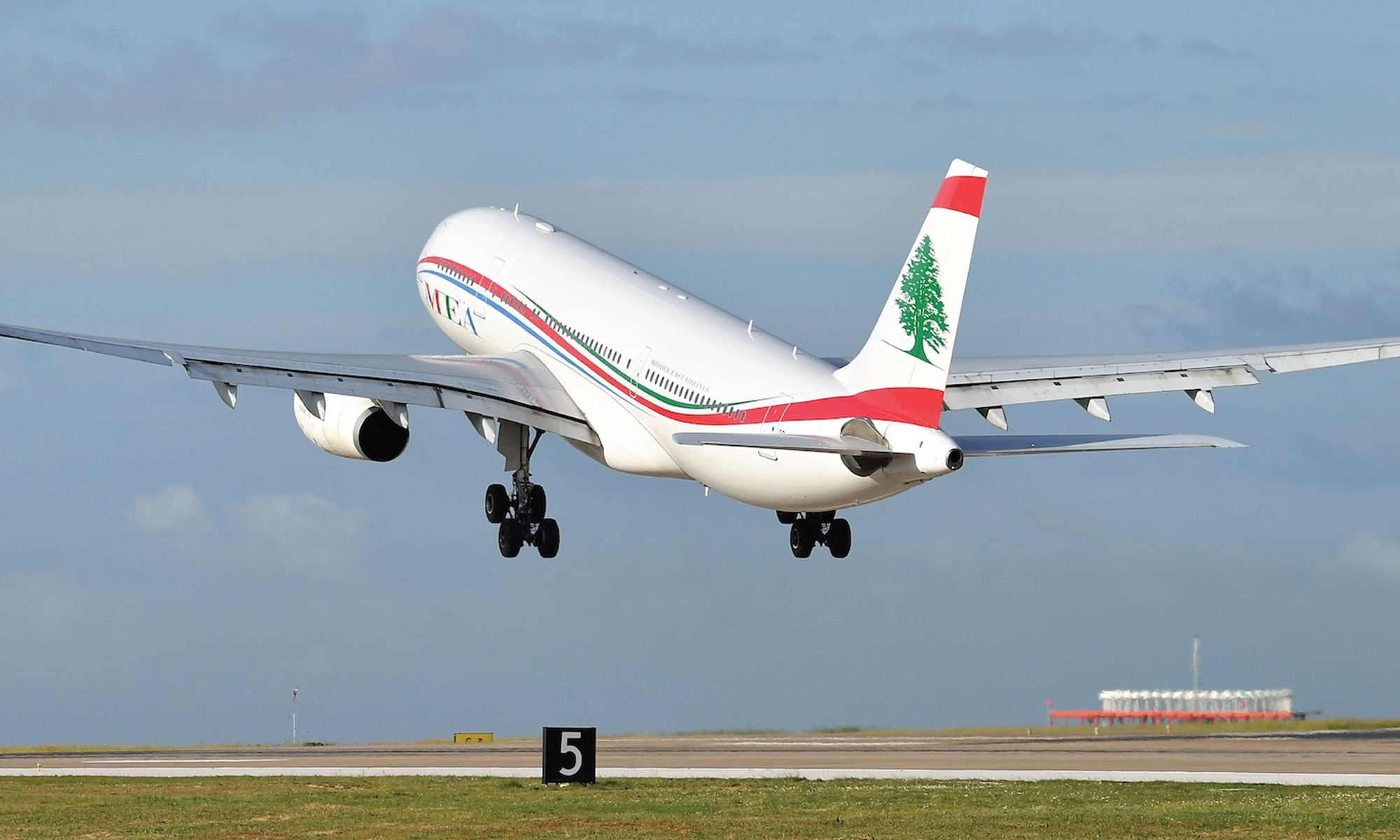News
Beirut Plane Departure Aborted Due To Technical Difficulties
The aircraft had an issue with its speedometer but was able to return to service this morning.

A plane departing from Beirut Rafic Hariri International Airport had to abort its takeoff on Thursday following a decision by the pilot. The aircraft didn’t leave the tarmac but had to abandon takeoff while already accelerating down the runway.
The emergency was confirmed by a spokesman from the Lebanese travel agency Nakhal, which leases the aircraft to Middle East Airlines (MEA). An MEA source also explained that passengers were in no danger and rejected takeoffs are a standard safety practice if a pilot suspects mechanical failure.
Also Read: NASA Chooses Lockheed Martin To Build Nuclear Mars Rocket
“Typically, during a takeoff phase, the captain and co-pilot signal each other when they reach 100 knots (185 km/h) to confirm that their instruments are synchronized. It was probably at this point that they detected the problem with the airspeed indicator, prompting the captain to abort the takeoff,” the pilot explained. “At this speed, braking may have been hard on the passengers, but the risks at this stage are under control”.
The Nakhal spokesman revealed that one person had fainted during the incident, but passengers were otherwise unharmed. Everyone involved was redirected to another flight to complete their journey.
News
Rabbit Expands Hyperlocal Delivery Service In Saudi Arabia
The e-commerce startup is aiming to tap into the Kingdom’s underdeveloped e-grocery sector with a tech-first, locally rooted strategy.

Rabbit, an Egyptian-born hyperlocal e-commerce startup, is expanding into the Saudi Arabian market, setting its sights on delivering 20 million items across major cities by 2026.
The company, founded in 2021, is already operational in the Kingdom, with its regional headquarters now open in Riyadh and an established network of strategically located fulfillment centers — commonly known as “dark stores” — across the capital.
The timing is strategic: Saudi Arabia’s online grocery transactions currently sit at 1.3%, notably behind the UAE (5.3%) and the United States (4.8%). With the Kingdom’s food and grocery market estimated at $60 billion, even a modest increase in online adoption could create a multi-billion-dollar opportunity.
Rabbit also sees a clear alignment between its business goals and Saudi Arabia’s Vision 2030, which aims to boost retail sector innovation, support small and medium-sized enterprises, attract foreign investment, and develop a robust digital economy.
The company’s e-commerce model is based on speed and efficiency. Delivery of anything from groceries and snacks to cosmetics and household staples is promised in 20 minutes or less, facilitated by a tightly optimized logistics system — a crucial component in a sector where profit margins and delivery expectations are razor-thin.
Despite the challenges, Rabbit has already found its stride in Egypt. In just over three years, the app has been used by 1.4 million customers to deliver more than 40 million items. Revenue has surged, growing more than eightfold in the past two years alone.
Also Read: Top E-Commerce Websites In The Middle East In 2025
CEO and Co-Founder Ahmad Yousry commented: “We are delighted to announce Rabbit’s expansion into the Kingdom. We pride ourselves on being a hyperlocal company, bringing our bleeding-edge tech and experience to transform the grocery shopping experience for Saudi households, and delivering the best products – especially local favorites, in just 20 minutes”.
The company’s growth strategy avoids the pitfalls of over-reliance on aggressive discounting. Instead, Rabbit leans on operational efficiency, customer retention, and smart scaling. The approach is paying off, having already attracted major investment from the likes of Lorax Capital Partners, Global Ventures, Raed Ventures, and Beltone Venture Capital, alongside earlier investors such as Global Founders Capital, Goodwater Capital, and Hub71.
























